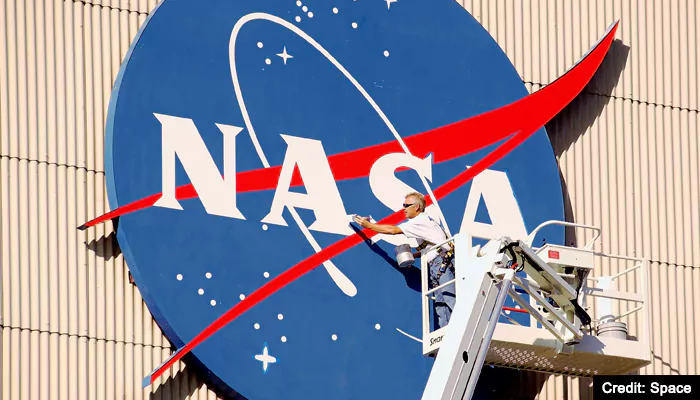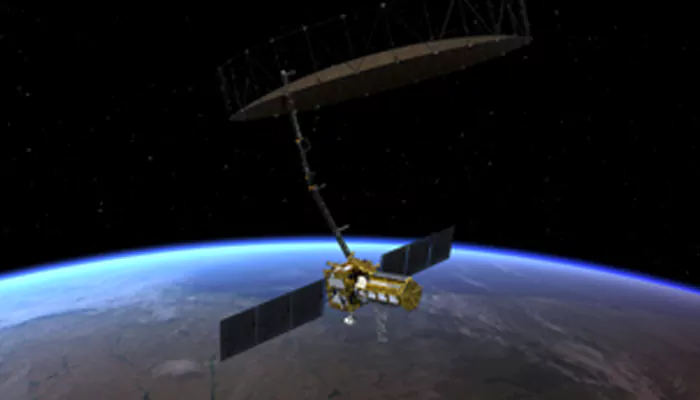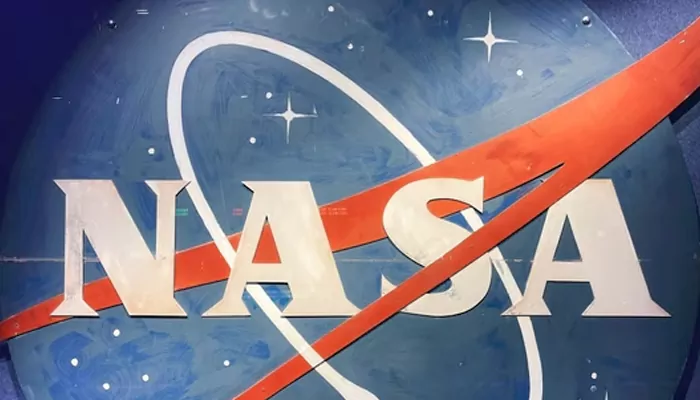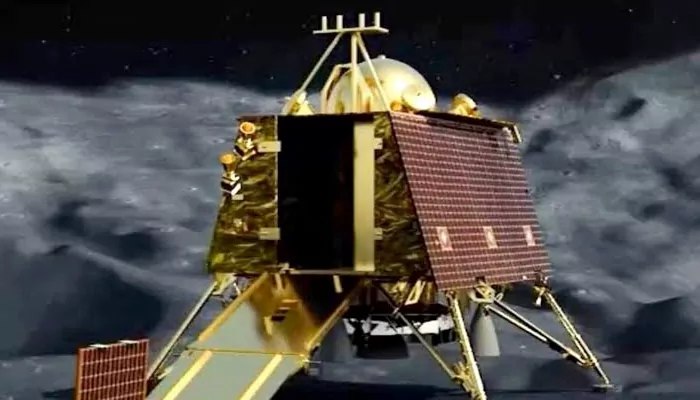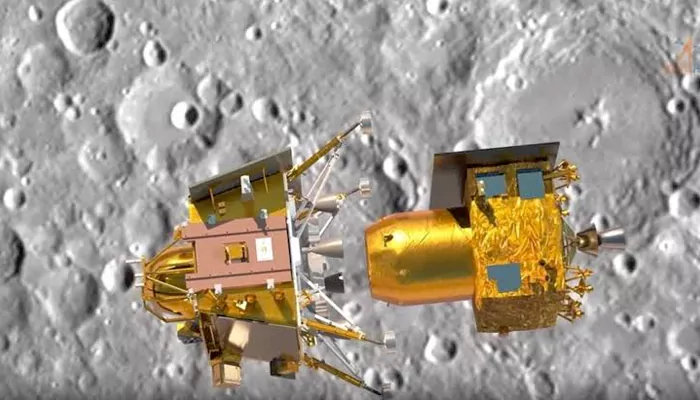
Imagine gazing out of a window, not at the sprawling cityscapes or the blue expanse of the ocean, but at the curve of Earth itself, framed against the infinite darkness of space.
This isn't a scene from a sci-fi movie—it's the future of tourism, and it's closer than you might think. Welcome to the thrilling new frontier of space tourism, where riding rockets to the stars is no longer a distant dream, but an emerging reality.
The Dawn of Space Tourism
Space tourism is no longer the stuff of science fiction. With the successful flights of private companies, we're witnessing the birth of a new industry. What was once the exclusive domain of astronauts and scientists is now opening up to the public, albeit a very wealthy segment for now. These companies are not only making headlines with their rocket launches but are also laying the groundwork for a future where space travel might be as routine as hopping on a plane.
Virgin Galactic, led by Richard Branson, was one of the first to take the leap. In 2021, Branson himself embarked on a suborbital flight aboard the VSS Unity, making him one of the first private citizens to journey into space. Blue Origin, founded by Jeff Bezos, quickly followed suit with its New Shepard rocket, taking both Bezos and other passengers to the edge of space. SpaceX, led by Elon Musk, has pushed the envelope even further, with its Crew Dragon capsule not just reaching space but orbiting the Earth and returning safely.
The Allure of Space
Why are people so excited about space tourism? The answer lies in the unique experiences it offers. Imagine floating in zero gravity, witnessing the curvature of the Earth, or seeing a sunrise over the planet from space. These are experiences that only a handful of humans have ever had, but they’re now within reach for those willing to pay the price.
The allure of space isn't just about the views, though they are undeniably breathtaking. It's also about the sense of adventure, the idea of pushing the boundaries of what's possible.
The Challenges Ahead
While the future of space tourism is undoubtedly exciting, it comes with significant challenges. First and foremost is the cost. Current tickets to space range from hundreds of thousands to millions of dollars, making it accessible only to the ultra-wealthy. However, as with any new technology, costs are expected to decrease over time. Just as air travel was once a luxury for the rich but eventually became accessible to the masses, space tourism could follow a similar trajectory.
Another challenge is safety. Space travel is inherently risky, and while companies are taking every precaution, there is always a degree of uncertainty. The vehicles used for space tourism are still in the early stages of development, and as the industry grows, so too will the need for rigorous safety standards and protocols.
Environmental concerns also loom large. The rockets that power these spaceflights require enormous amounts of fuel, contributing to carbon emissions. As the industry expands, there will be increasing pressure to find more sustainable ways to explore space. Some companies are already working on reusable rockets, which could reduce the environmental impact, but there's still a long way to go.
The Future of Space Tourism
So, what does the future hold for space tourism? As technology advances, we can expect to see more frequent and more affordable trips to space. Suborbital flights, where passengers experience a few minutes of weightlessness and see the Earth from the edge of space, will likely become the entry-level offering. For those seeking a more immersive experience, orbital flights that last several days or even weeks could become available.
In the longer term, we might even see space hotels—luxurious accommodations orbiting the Earth, where guests can enjoy all the comforts of home while floating in microgravity.
Beyond Earth orbit, the moon and Mars are the next frontiers. NASA, along with private companies, is planning missions to establish a human presence on the moon, and eventually, Mars.
The idea of riding rockets to the stars is no longer a fantasy. The thrilling future of space tourism is unfolding before our eyes, offering an unprecedented opportunity to explore the final frontier. So, as we look up at the night sky, we can do so with the knowledge that one day, we might not just be gazing at the stars, but traveling among them.

